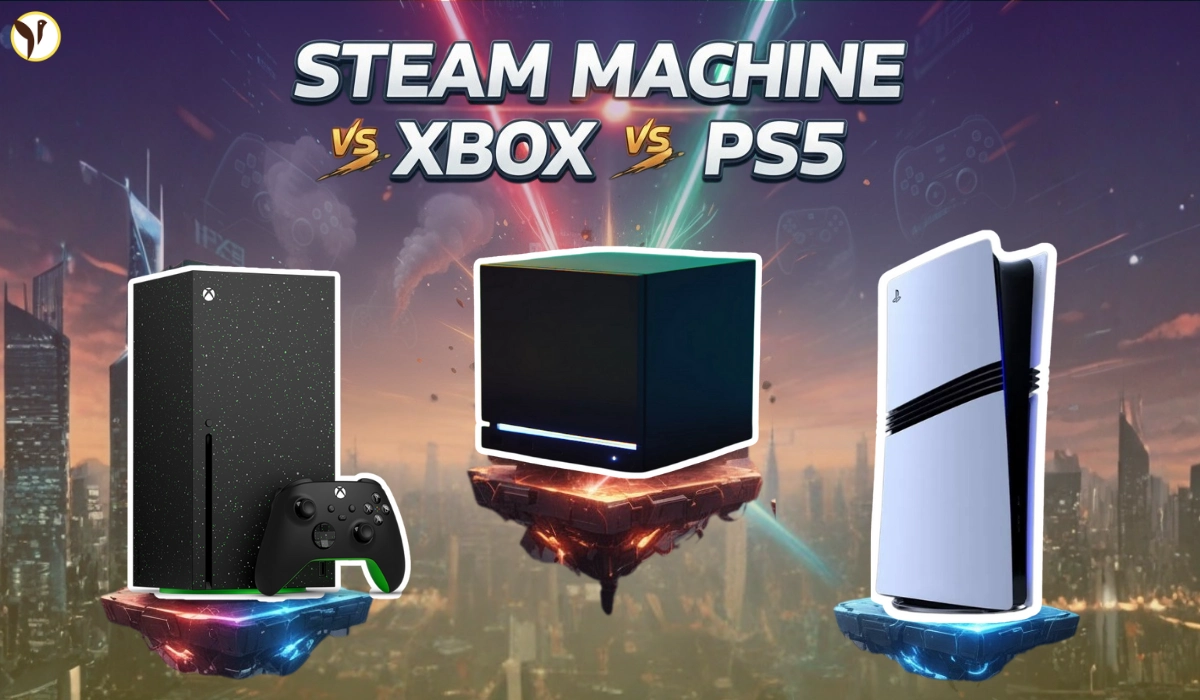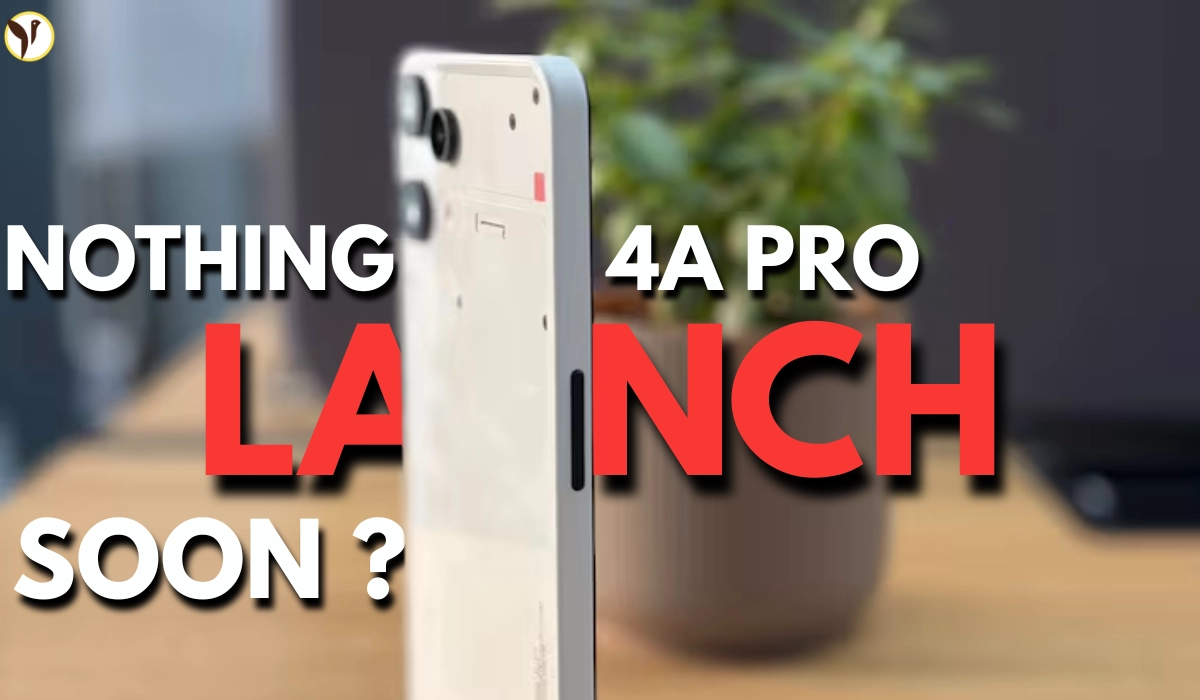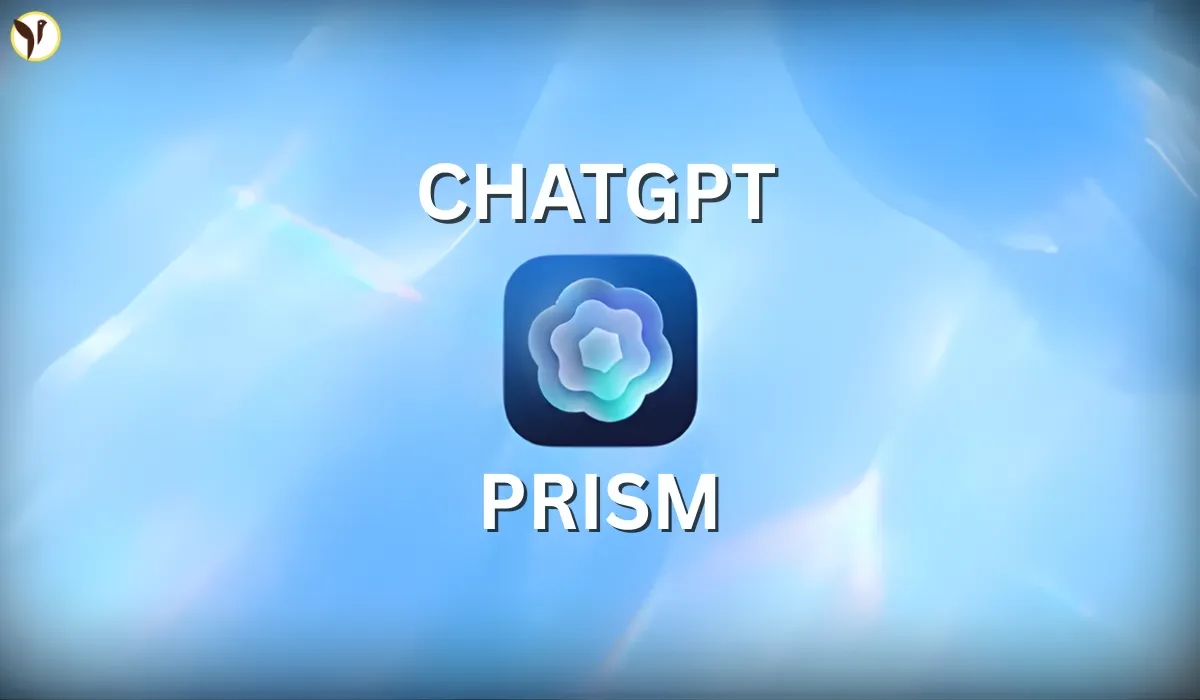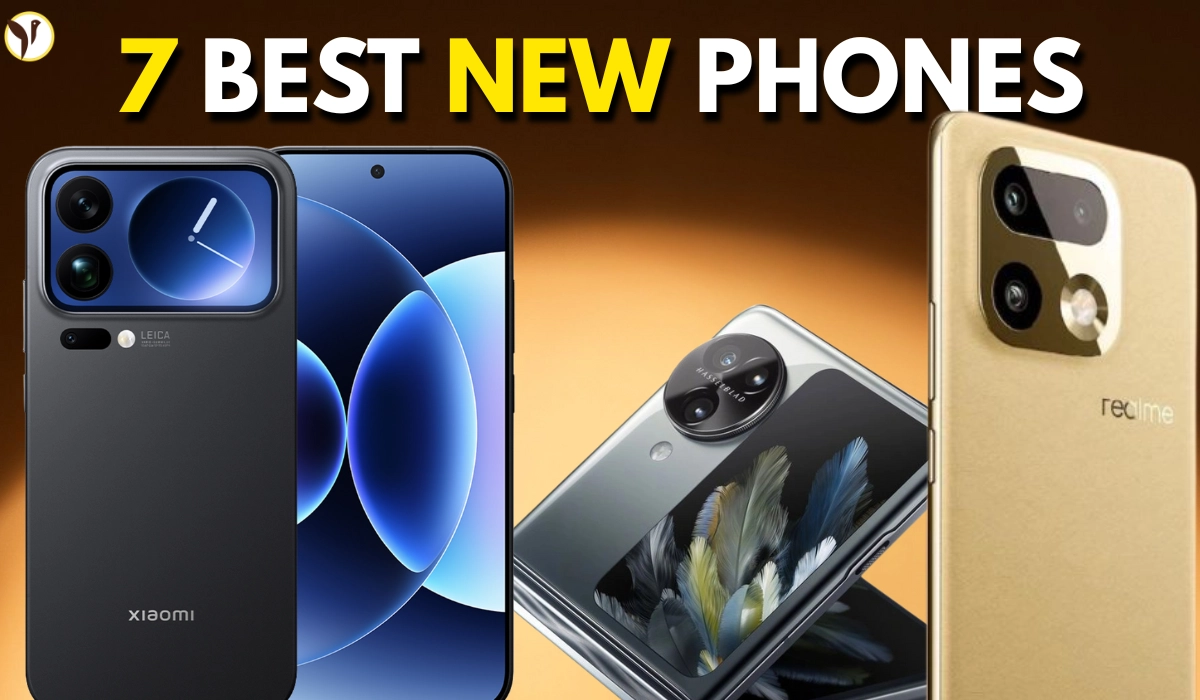Gaming enthusiasts in 2025 have a tough choice: Valve’s Steam Machine, Microsoft’s Xbox Series X, or Sony’s PlayStation 5 (PS5). Each offers unique strengths and appeals to different types of gamers. Let’s explore how these consoles stack up in terms of performance, price, design, and gaming experience.
Introducing the Steam Machine: Valve’s New Contender
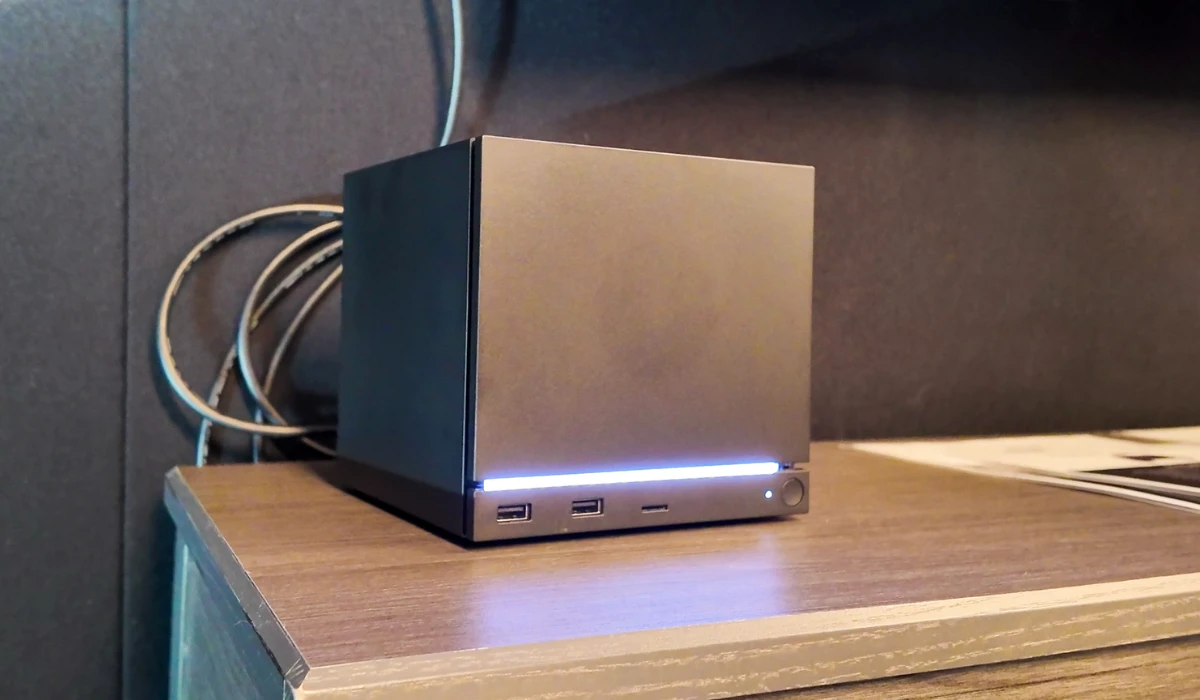
Valve’s latest Steam Machine is a desktop-styled gaming device designed for high performance and versatility. Its AMD Ryzen processor with six Zen 4 cores clocks up to 4.8 GHz and is paired with an RDNA 3 GPU delivering 28 compute units (CUs) at 2.45 GHz. This configuration is powerful, roughly comparable to a laptop with AMD Ryzen 5 and Radeon RX 7600M graphics, placing the Steam Machine between the Xbox Series S and PS5 in power.
Despite the hype, the Steam Machine falls behind the PS5 and Xbox Series X in raw GPU performance by about 15.6% and 36.5%, respectively. Valve claims it is 6x faster than its Steam Deck handheld, capable of 4K gaming at 60 FPS, making it an excellent compact choice for PC gamers wanting console convenience.
Xbox Series X: Performance and Ecosystem Strength
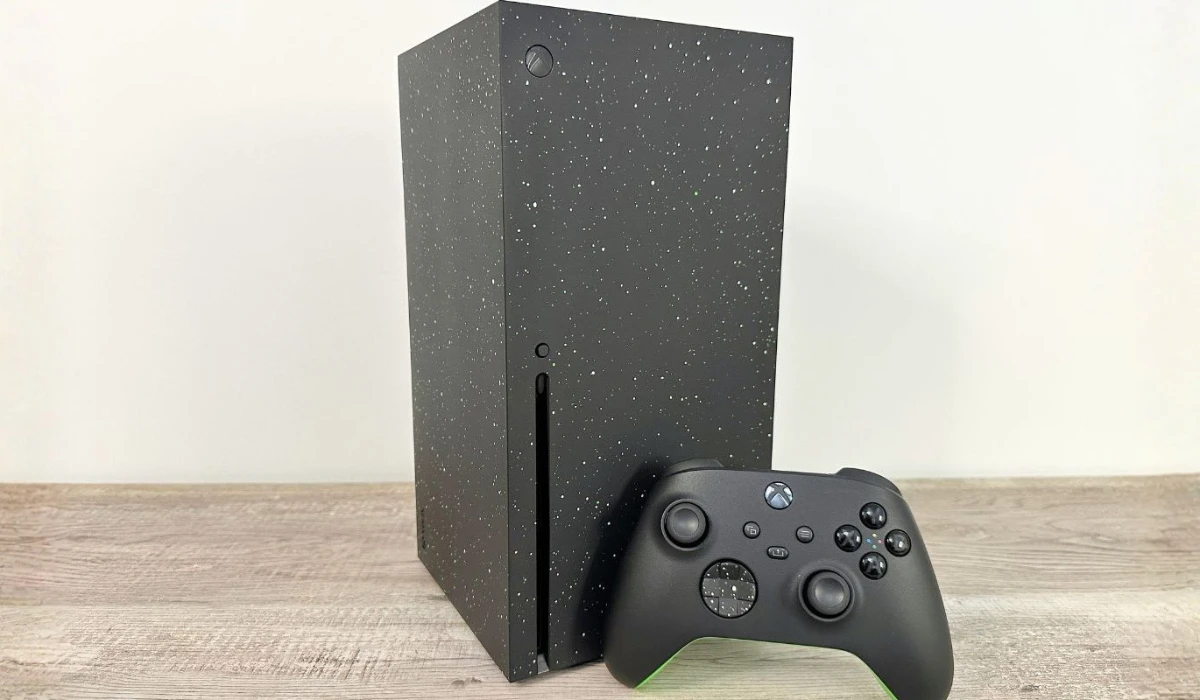
Xbox Series X holds a slight edge in raw power, boasting 12 teraflops of computing power and a GPU with 52 CUs at 1.8 GHz. It features 16 GB of GDDR6 RAM and a 1TB SSD for fast game loading. Xbox’s biggest draw is its richer game ecosystem including Game Pass, Bethesda, and Activision Blizzard titles, providing a broad and diverse gaming library.
The Series X excels in technical features like Dolby Vision support, Windows ecosystem integration, and superior backward compatibility. Microsoft focuses on steady visuals and multiplayer experiences, making it attractive for gamers desiring consistent performance.
PlayStation 5: Exclusive Titles and User Experience
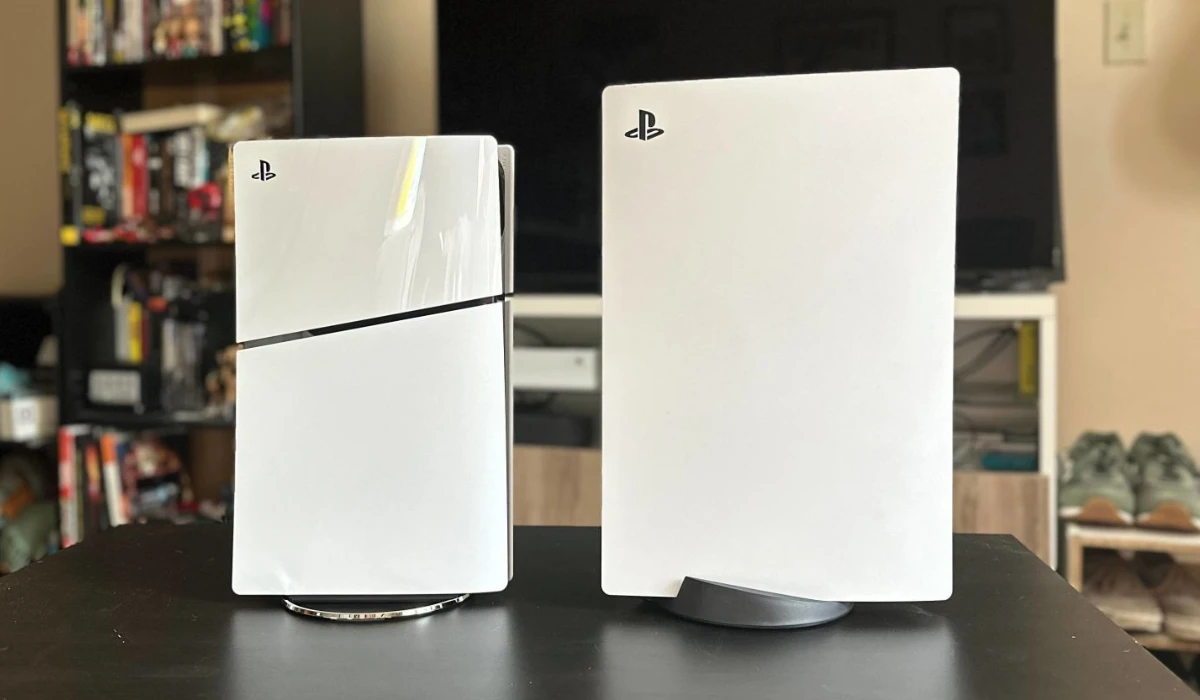
The PS5 is a fan favorite, celebrated for exclusive games like Spider-Man: Miles Morales, God of War Ragnarok, and Final Fantasy XVI. It offers 10.3 teraflops GPU power, 16 GB GDDR6 RAM, and a speedy 825 GB SSD with a custom IO system ensuring near-instant load times.
Sony emphasizes a tailored user experience, with its DualSense controller offering haptic feedback and adaptive triggers. While the PS5’s raw power is less than Xbox Series X, its exclusive content and faster loading times often tip the scales for many fans.
Price Comparison: What’s the Cost in 2025?
-
Steam Machine Price: Starting at approximately $499 - $599, the Steam Machine offers a mid-range investment for PC gamers looking for a console-like experience at home.
-
Xbox Series X Price: Priced around $499, the Series X gives gamers high-end performance for a relatively affordable price.
-
PS5 Price: The PS5 retail price is about $499 but can vary with editions and regional differences. Limited stock and high demand mean prices can be higher on resale markets.
Steam Machine is interesting. Clearly targeting PS5 and Nintendo Switch market.
— @Zuby_Tech (@Zuby_Tech) November 12, 2025
Steams 2nd attempt at Steam Machine.
Big advantage it is Steam OS.
Specs look decent, AMD Zen 4, 6 cores, 12 thread CPU, RDNA 3, 28 Compute Units, 24GB RAM.
System targets 4K at 60 FPS with FSR.… pic.twitter.com/fdo9NpOJbN
Design and Usability
-
Steam Machine: Compact cube form, quiet fans, and internal power supply make it a space-saving choice ideal for desktop setups.
-
Xbox Series X: Large rectangular tower, designed for silent cooling and easy integration into entertainment centers.
-
PS5: Bulky futuristic design, optimized for airflow but sometimes challenging to fit in smaller spaces.
Performance Showdown: Steam Machine vs Xbox vs PS5
In sheer power, Xbox Series X leads with 12.15 teraflops of GPU power, closely followed by PS5’s 10.28 teraflops. Steam Machine’s 9 teraflops come from a more efficient GPU chip, but it still falls short of the competition in raw power. However, SteamOS’s lightweight design lets the Steam Machine punch above its weight in game compatibility and flexibility.
| Feature | Steam Machine | Xbox Series X | PlayStation 5 (PS5) |
|---|---|---|---|
| CPU | 6x AMD Zen 4 cores 4.8 GHz | 8x AMD Zen 2 cores 3.8 GHz | 8x AMD Zen 2 cores 3.5 GHz |
| GPU | AMD RDNA 3, 28 CUs 2.45 GHz | AMD RDNA 2, 52 CUs 1.8 GHz | AMD RDNA 2, 36 CUs 2.23 GHz |
| RAM | 16 GB DDR5 (CPU), 8 GB GDDR6 | 16 GB GDDR6 | 16 GB GDDR6 |
| Storage | 512 GB / 2 TB SSD | 1 TB SSD | 825 GB SSD |
| Max GPU Power (TFLOPS) | Roughly 9 (estimated) | 12 | 10.3 |
| Price | ~$$499 - $599 | ~$499 | ~$499 |
| Unique Selling Points | PC gaming and modding | Game Pass, rich exclusives | Exclusive games, controller |
| Design | Compact cube, quiet | Tower, silent cooling | Bulky, futuristic |
| 4K Gaming Support | Yes | Yes | Yes |
| Backward Compatibility | Limited | Extensive | Good but variable |
Why Choose the Steam Machine?
If you love PC gaming but want it hassle-free on a TV, Steam Machine is a great pick. It offers wide access to PC games, mods, and community content not easily found on consoles. Its support for microSD expansion means easy game library management and portability benefits shared with Steam Deck users.
Xbox and PS5: Consoles with Massive Game Libraries
Xbox Series X shines with Xbox Game Pass, a huge library of over 300 games and first-party exclusives. PS5 offers exclusive titles like "Spider-Man: Miles Morales" and "Demon’s Souls," combined with fast loading thanks to its custom SSD. Both consoles focus on seamless multimedia features and ready-to-go gameplay.
Steam Machine vs Xbox vs PS5: Which Should You Choose?
-
If you want the best graphics and the largest game library, Xbox Series X is the winner.
-
For exclusive games and a unique controller experience, PS5 is the clear choice.
-
If you prioritize PC game access, modding, and flexible hardware, the Steam Machine offers a niche but appealing alternative.
Will the Steam Machine Take Over the Market?
Valve’s Steam Machine aims to capture both PC and console audiences with a hybrid approach; however, being newer means it must still prove long-term software and ecosystem support. Xbox and PS5’s vast game catalogs, brand recognition, and multimedia capabilities hold strong appeal.
